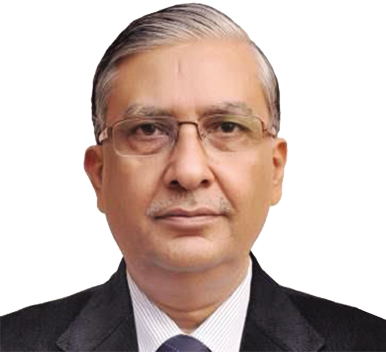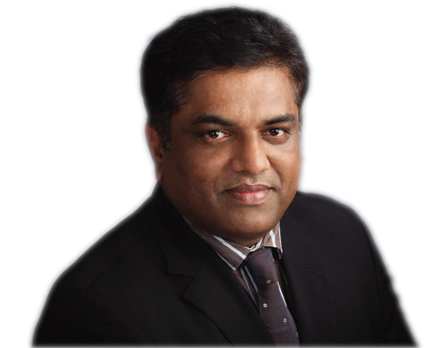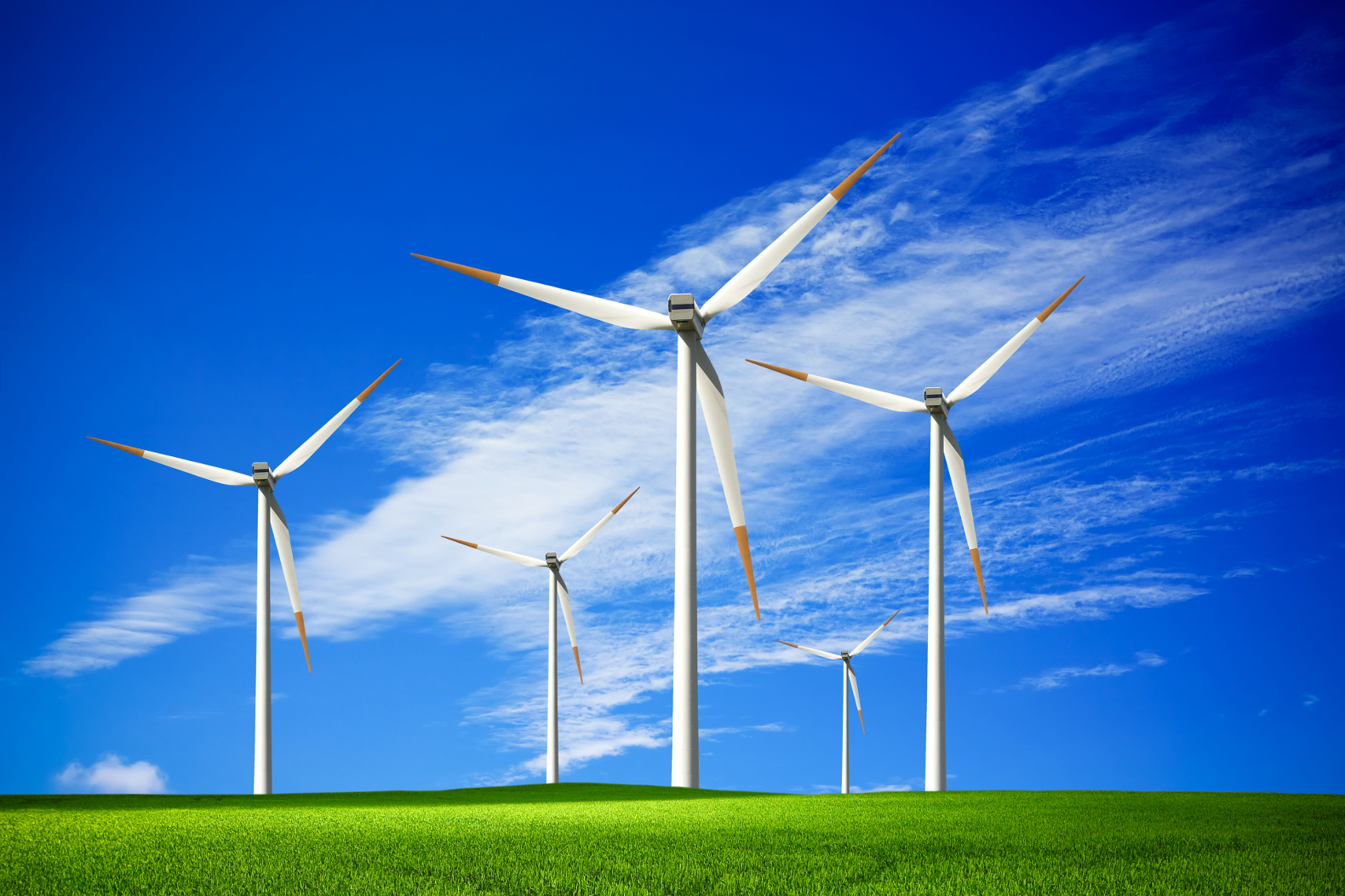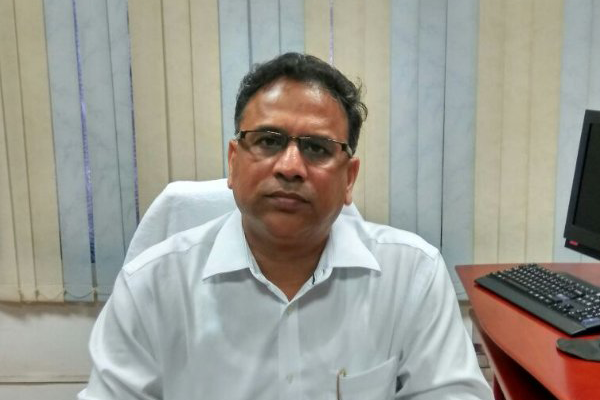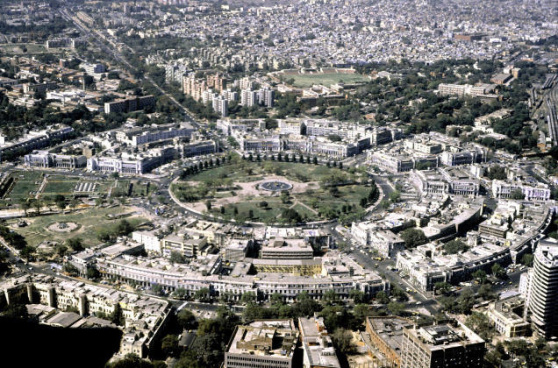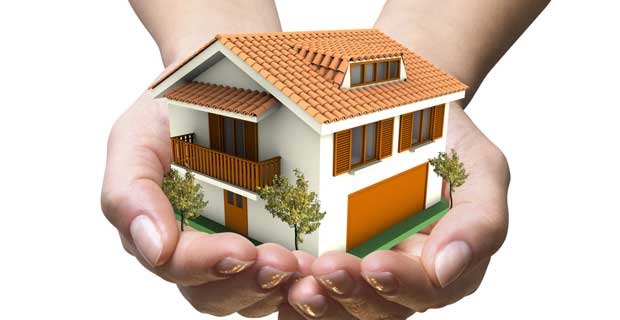
Arun Dubey, Director, Greywater, talks about the need for and evolving phases of water management, recycling, and wastewater treatment technologies in the Indian context. Excerpts from an interaction with Veena Kurup of ENN
The rising focus towards sustainability has accelerated the importance of water treatment technologies in India. What is your opinion on the prevalent scenario?
Our country has always laid great emphasis on power, energy, infrastructure, etc. But water, on the other hand, has still not found its place on the list of priority areas. Most of our major cities face severe problem of water crisis and this demand has made water management an important issue, especially in the last five years. Considering this scenario, we have focused on promoting sustainable water management, wherein water recycling has come to be recognized as one of the prominent ways to meet the requirements. Instead of the traditional ority areas. Most of our major cities face severe problem of water crisis and this demand has made water management an important issue, especially in the last five years. Considering this scenario, we have focused on promoting sustainable water management, wherein water recycling has come to be recognized as one of the prominent ways to meet the requirements. Instead of the traditional way, which is based on a centralized system entailing a lot of edundancies, we promote easy-to-use decentralized solutions. The next generation decentralized sewage treatment plants are located at multiple locations within a city and have made the entire process of setting up sewage treatment plants modular in nature. This mode makes utilization of wastewater easy and effective.
Tell us about the unique products and technologies offered by Jaldhara Technologies aimed at transforming the way water is treated in India?
Our flagship product is Grewa R-S, which is a fully automatic tank supported by Sequencing Batch Reactors (SBR) technology for sewage and wastewater treatment. The product is equipped with unique features such as capability to handle variable load (10 percent to 110 percent of design capac- ity), and fully automated robust operations. In addition, the product involves low operation and maintenance cost, and is priced almost at par with the conventional technologies. The product can be considered as a total solution for all wastewater treatment requirements.
 The SBR technology, increasingly being adopted by progressive builders today, is yet to reach the Tier II cities. A builder might purchase or invest in green products for developing an eco-structure, but he is mostly unsure of making investment in eco-friendly resource treatment technologies. The cost involved also plays a major role while selecting the technology, as the builder often opts for the cheapest product available. This is one of the major hurdles affecting the progress of such technologies in the Indian market. The market, as a whole, is still very cost sensitive in nature, especially for the green products. However, the situation is gradually improving with the increasing awareness towards sustainability facets of construction. This year, we have received an increased demand for wastewater treatment and recycling technologies, as compared to the last year, when infra-construction sector as a whole was lying low. The market is expected to improve and open up new avenues in the coming years.
The SBR technology, increasingly being adopted by progressive builders today, is yet to reach the Tier II cities. A builder might purchase or invest in green products for developing an eco-structure, but he is mostly unsure of making investment in eco-friendly resource treatment technologies. The cost involved also plays a major role while selecting the technology, as the builder often opts for the cheapest product available. This is one of the major hurdles affecting the progress of such technologies in the Indian market. The market, as a whole, is still very cost sensitive in nature, especially for the green products. However, the situation is gradually improving with the increasing awareness towards sustainability facets of construction. This year, we have received an increased demand for wastewater treatment and recycling technologies, as compared to the last year, when infra-construction sector as a whole was lying low. The market is expected to improve and open up new avenues in the coming years.
What are the major challenges faced by the players in evolving sectors like water treatment or wastewater recycling industry in India?
A major reason for the purchase of our products by the clients is regulatory compliance. But effective application of
the technology only through enforce ment of the mandatory requirements and guidelines is not enough…much depends on individual initiatives as well. That is yet to happen in India. The other major challenge is easy availability of water, as it is a highly subsidized commodity. As the actual cost of the commodity is never on the consumer, they mostly do not ask for management of water quality.
And finally, a more proactive approach from the government can leverage the progress of the industry. Though policies and guidelines are being implemented at the macro level, adoption of policies is still required at the micro level. The country has already tasted the success brought in by initiatives like Jawaharlal Nehru National Solar Mission in utilizing renewable energy resources. Initiatives on similar scales for adoption of water recycling and wastewater treatment technologies can substantially contribute towards promotion of awareness about the importance of quality water on a large scale.
Quality at a discount
“ Easy availability of water as a highly-subsidized commodity is a major challenge today. As the actual cost of the commodity is not on the consumer, they mostly do not ask for management of water quality ”
Share with us your growth projections for the sector in the years ahead.
Water is a very limited resource not just in India but across the world. The requirement for clean water will only go up with the ever-rising population index. The evolving situation is only expected to demand proper resource management, supplemented with increasing focus towards sustainable growth and planning on utilization of water re sources. More importantly, the spectre of water crisis already looms over many prominent cities of the country. Hence, the potential of water recycling and wastewater treatment technologies is expected to shoot up in the coming years. Visualizing these opportunities, we have focused ourselves on new domestic growth zones like Orissa, Chhattisgarh and Uttar Pradesh. We also planto make forays into new avenues in the international markets, like Africa, this very fiscal.



